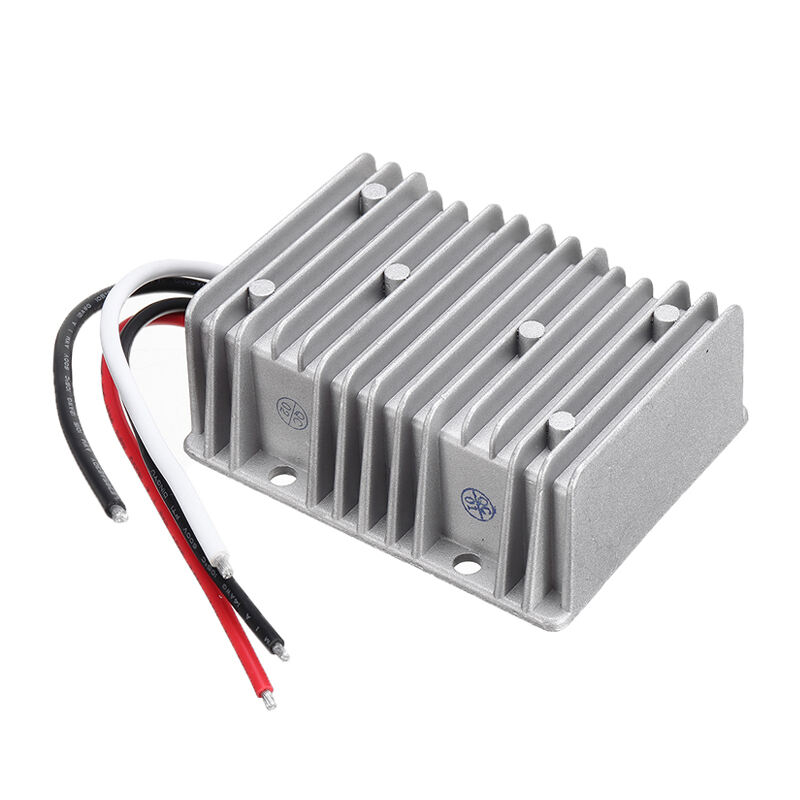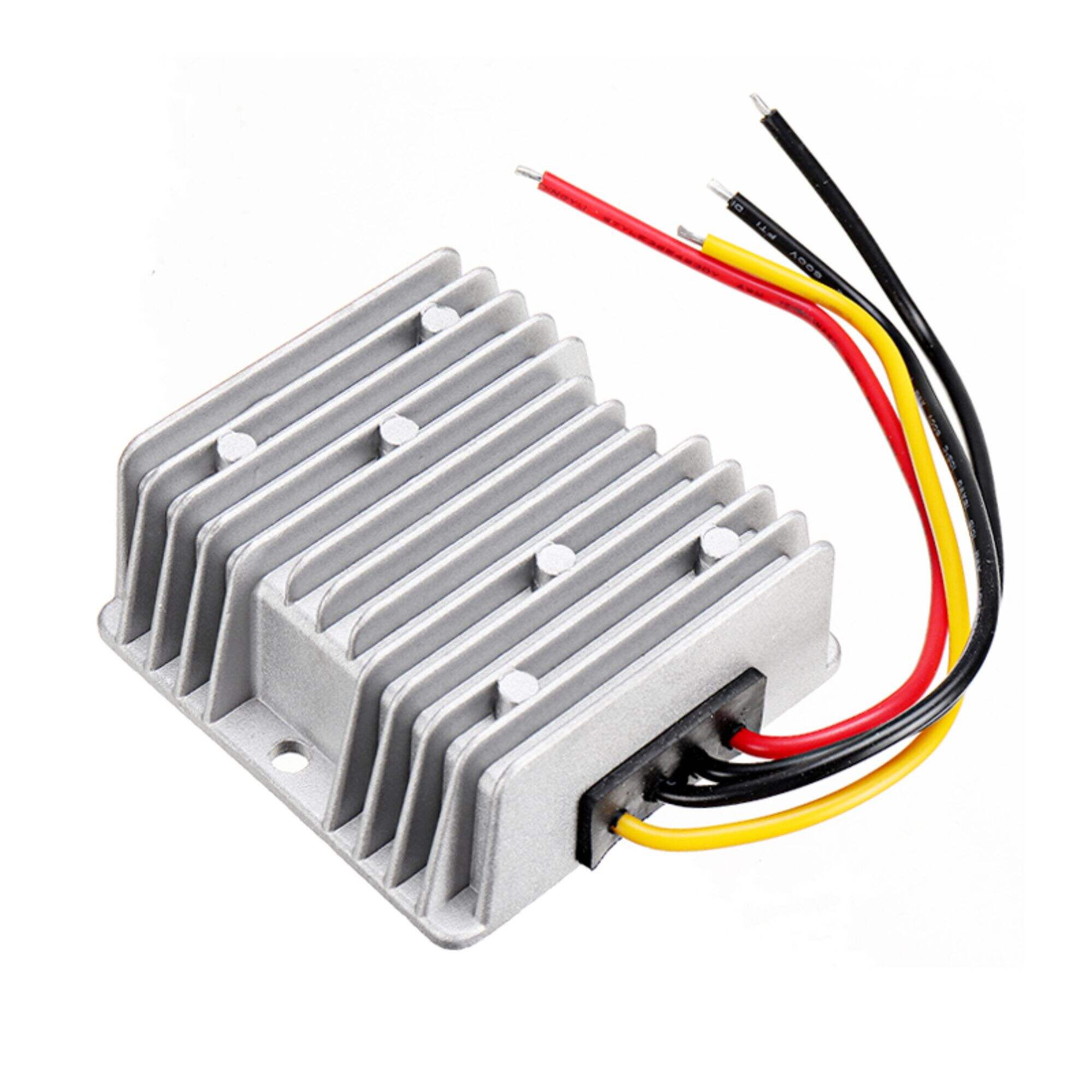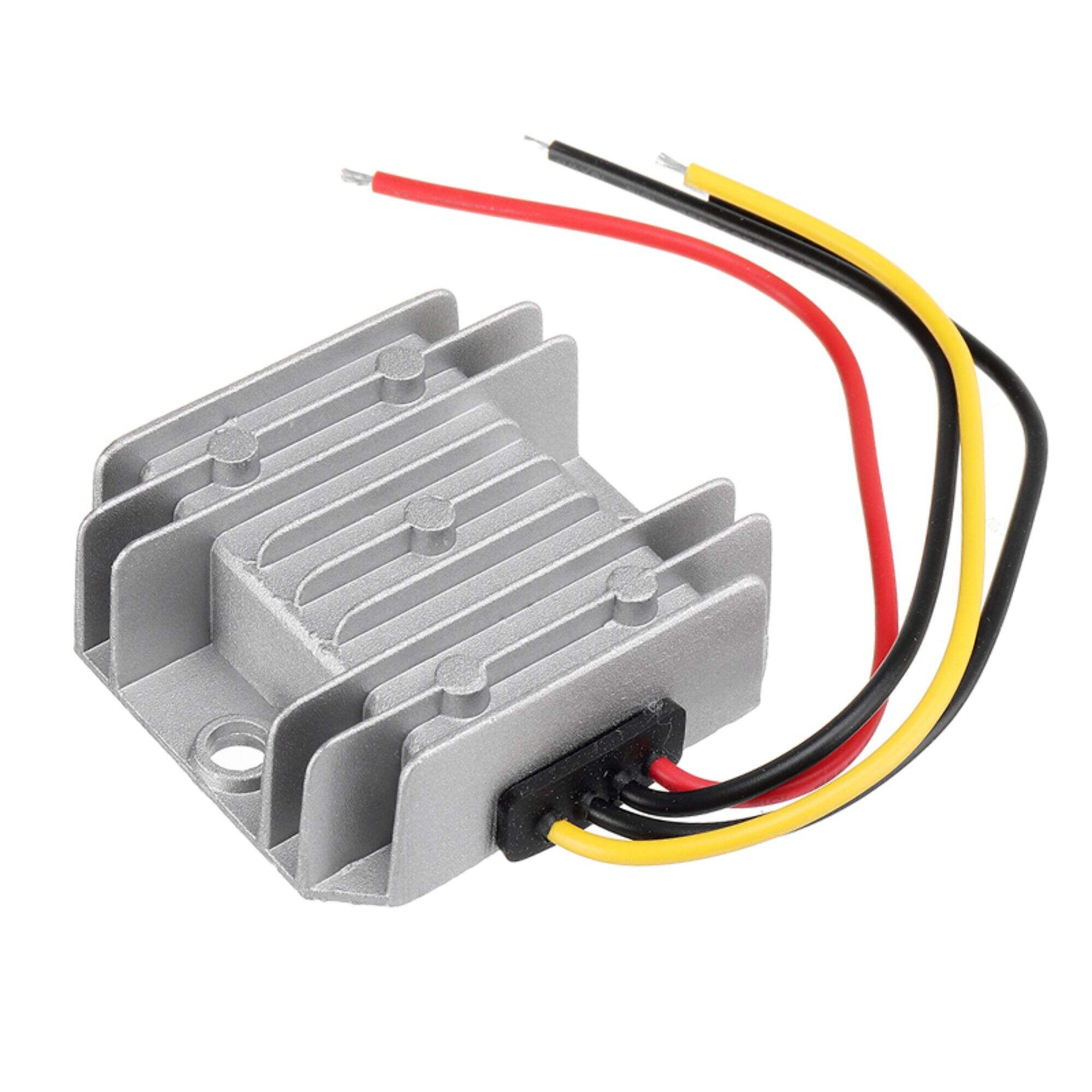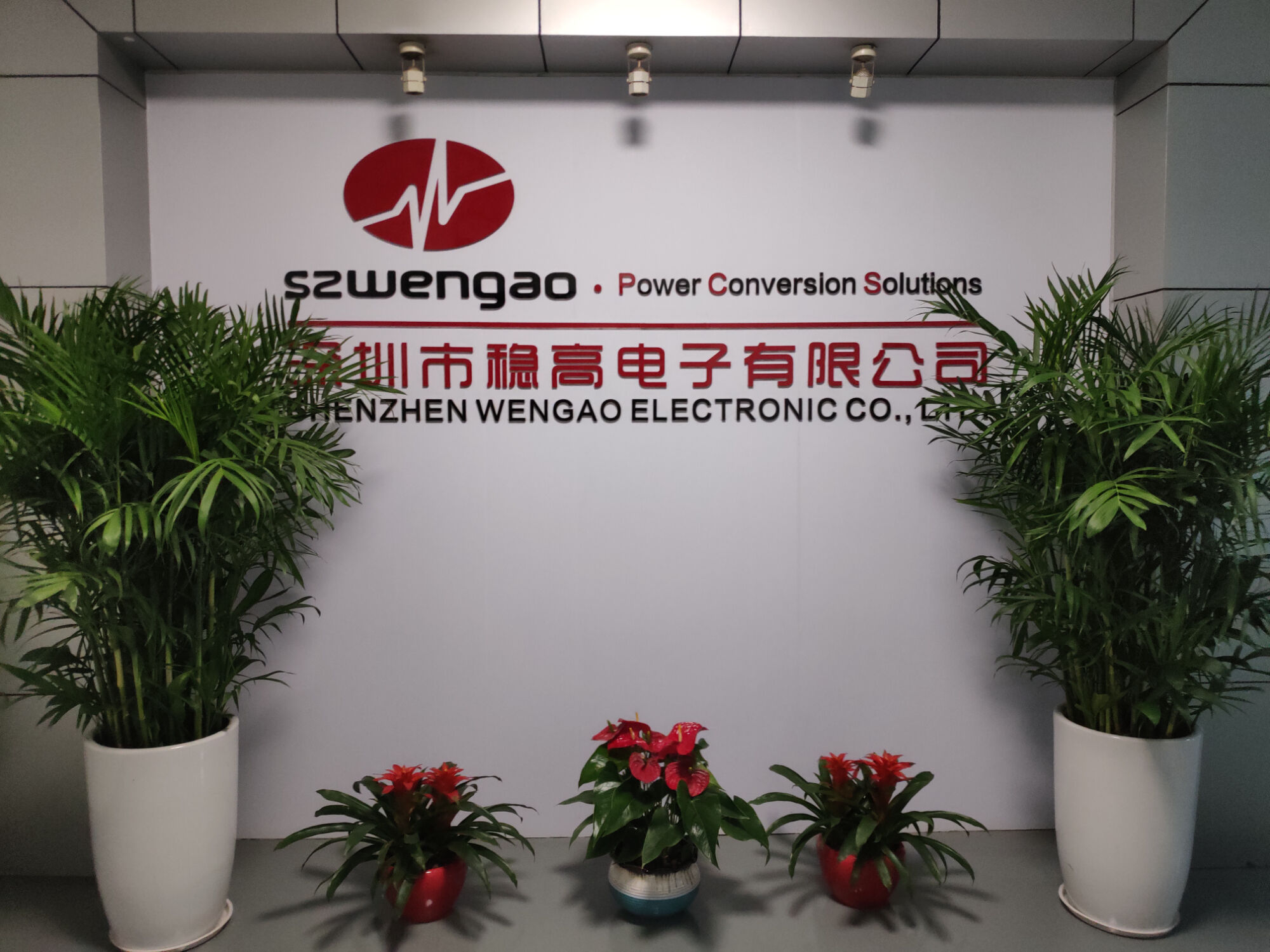Προσαρμοσμένη υπηρεσία μετατροπέα DC-DC
Κατανόηση των μετατροπέων DC-DC
Οι μετατροπείς DC-DC είναι ηλεκτρονικές συσκευές που έχουν σχεδιαστεί για να μετατρέπουν τη συνεχόμενη ρεύμα (DC) από ένα επίπεδο τάσης σε άλλο. Είναι θεμελιώδη στοιχεία στην ηλεκτρονική, παρέχοντας βασική λειτουργικότητα σε διάφορες εφαρμογές. Ρυθμίζοντας το επίπεδο τάσης, αυτοί οι μετατροπείς διευκολύνουν την αποδοτική χρήση ενέργειας, ελαχιστοποιώντας τις απώλειες και διασφαλίζοντας ότι οι συσκευές λαμβάνουν την βέλτιστη τάση που απαιτείται για τη λειτουργία τους.
Αυτοί οι μετατροπείς είναι καθοριστικοί για την βελτιστοποίηση της χρήσης ενέργειας σε πολυάριθμα ηλεκτρονικά συστήματα, ενισχύοντας τόσο την απόδοση όσο και την ενεργειακή αποδοτικότητα. Σε σύγχρονες συσκευές, είναι αναντικατάστατοι, επιτρέποντας λειτουργίες που θα ήταν αλλιώς αδύνατες ή αναποτελεσματικές. Από τη καθημερινή χρήση σε smartphones μέχρι τη σύνθετη διαχείριση ενέργειας σε ηλεκτρικά οχήματα, οι μετατροπείς DC-DC επιτρέπουν απρόσκοπτες και ενεργειακά αποδοτικές λειτουργίες ρυθμίζοντας τα επίπεδα ισχύος για να καλύψουν συγκεκριμένες απαιτήσεις.
Η αυξανόμενη εξάρτηση από τους μετατροπείς DC-DC είναι προφανής στις τάσεις που παρατηρούνται στη βιομηχανία ηλεκτρονικών. Καθώς οι συσκευές γίνονται πιο εξελιγμένες και ποικιλόμορφες στις απαιτήσεις ισχύος τους, η ζήτηση για αποτελεσματικές λύσεις διαχείρισης ισχύος όπως οι μετατροπείς DC-DC συνεχίζει να αυξάνεται. Αυτό παρατηρείται στη διαδεδομένη υιοθέτηση αυτών των μετατροπέων σε προοδευτικές τεχνολογίες όπως τα συστήματα ανανεώσιμης ενέργειας, οι υπολογιστές επόμενης γενιάς και τα ηλεκτρικά οχήματα, υπογραμμίζοντας τον ανεκτίμητο ρόλο τους στην σύγχρονη ηλεκτρονική.
Τύποι μετατροπών συνεχούς ρεύματος
Οι μετατροπείς DC-DC έρχονται σε διάφορους τύπους, καθένας από τους οποίους εξυπηρετεί μια μοναδική λειτουργία στην ηλεκτρονική ισχύος. Μετατροπείς Buck , γνωστά και ως μετατροπείς βήματος-κάτω, έχουν σχεδιαστεί για να μειώνουν τα επίπεδα τάσης ενώ αυξάνουν το ρεύμα. Αυτοί οι μετατροπείς είναι διαδεδομένοι σε συσκευές που τροφοδοτούνται από μπαταρίες, όπως smartphones και φορητούς υπολογιστές, λόγω της υψηλής τους απόδοσης, που συχνά ξεπερνά το 90%. Η απόδοσή τους οφείλεται κυρίως στην ικανότητά τους να διακόπτουν, η οποία ελαχιστοποιεί την απώλεια θερμότητας σε σύγκριση με τους γραμμικούς ρυθμιστές. Η μειωμένη τάση επιτρέπει σε αυτές τις συσκευές να διατηρούν βέλτιστη απόδοση χωρίς να εξαντλούν γρήγορα την μπαταρία, καθιστώντας τους μετατροπείς βήματος-κάτω απαραίτητους στην καταναλωτική ηλεκτρονική.
Σε αντίθεση, Μετατροπείς Boost εξυπηρετούν την αύξηση της τάσης από ένα χαμηλότερο επίπεδο σε ένα υψηλότερο, καθιστώντας τα απαραίτητα σε εφαρμογές ανανεώσιμης ενέργειας. Για παράδειγμα, χρησιμοποιούνται συνήθως σε ηλιακούς συλλέκτες για να αυξήσουν την τάση για αποθήκευση ή διανομή. Παρέχοντας αυξημένα επίπεδα τάσης, οι μετατροπείς ανύψωσης επιτρέπουν στα ενεργειακά συστήματα να μετατρέπουν και να χρησιμοποιούν την συλλεγόμενη ενέργεια πιο αποτελεσματικά, υποστηρίζοντας έτσι βιώσιμες λύσεις ενέργειας. Η ικανότητά τους να διαχειρίζονται μεταβαλλόμενα επίπεδα εισόδου τους καθιστά ανεκτίμητους σε περιβάλλοντα όπου η είσοδος μπορεί να είναι ασυνεχής, κάτι που είναι κοινό φαινόμενο στην ανανεώσιμη ενέργεια.
Εν τω μεταξύ, Μετατροπείς Buck-Boost Συνδυάζουν τις λειτουργίες τόσο των μετατροπέων buck όσο και των μετατροπέων boost, προσφέροντας την ευελιξία να αυξάνουν ή να μειώνουν την τάση. Αυτή η προσαρμοστικότητα επιτρέπει στους μετατροπείς buck-boost να χρησιμοποιούνται ευρέως σε πολλές εφαρμογές, από απλή καταναλωτική ηλεκτρονική μέχρι πολύπλοκες βιομηχανικές μηχανές. Είναι ιδιαίτερα ωφέλιμοι σε καταστάσεις όπου η είσοδος τάσης μπορεί να διακυμανθεί, παρέχοντας σταθερή έξοδο ανεξάρτητα από τις παραλλαγές. Αυτή η χαρακτηριστική τους καθιστά ιδανικούς για συσκευές που τροφοδοτούνται από μπαταρίες Li-ion, όπου η είσοδος τάσης μειώνεται καθώς η μπαταρία αποφορτίζεται. Οι μετατροπείς buck-boost διασφαλίζουν ότι οι συσκευές συνεχίζουν να λειτουργούν αποδοτικά ακόμη και καθώς τα επίπεδα ισχύος αλλάζουν.
Αρχή Λειτουργίας των Μετατροπέων DC-DC
Οι μετατροπείς DC-DC βασίζονται σε βασικά στοιχεία αποθήκευσης ενέργειας, όπως οι πηνία και οι πυκνωτές, για να μεταφέρουν αποτελεσματικά την ενέργεια. Οι πηνία αποθηκεύουν ενέργεια σε ένα μαγνητικό πεδίο όταν περνά ηλεκτρικό ρεύμα από αυτά, ενώ οι πυκνωτές αποθηκεύουν ηλεκτρική ενέργεια ως ηλεκτρικό πεδίο. Αυτά τα στοιχεία λειτουργούν σε συνεργασία μέσα στο κύκλωμα του μετατροπέα για να εξομαλύνουν τις εξόδους τάσης και να διατηρούν σταθερή την παροχή ενέργειας, εξασφαλίζοντας την αποδοτικότητα και μειώνοντας οποιαδήποτε κυματισμό τάσης που θα μπορούσε να επηρεάσει ευαίσθητα ηλεκτρονικά στοιχεία.
Ένα άλλο κρίσιμο στοιχείο των μετατροπέων DC-DC είναι το στοιχείο διακόπτη, συνήθως ένα MOSFET (Μεταλλο-Οξειδωτικό-Ημιαγωγός Πεδίο-Επίδρασης Τρανζίστορ). Αυτά τα στοιχεία ρυθμίζουν την έξοδο τάσης με το να εναλλάσσουν γρήγορα την κατάσταση ενεργοποίησης και απενεργοποίησης, ελέγχοντας έτσι τη ροή της ενέργειας. Η λειτουργία εναλλαγής υποστηρίζει τις μεταβολές στις συνθήκες φορτίου ενώ διατηρεί αποτελεσματική μετατροπή τάσης. Συγκριτικά δεδομένα υπογραμμίζουν ότι οι μετατροπείς με ποιοτικά στοιχεία εναλλαγής, όπως οι προηγμένοι MOSFET, παρουσιάζουν υψηλότερους δείκτες απόδοσης, οι οποίοι είναι απαραίτητοι για εφαρμογές που κυμαίνονται από καταναλωτικά ηλεκτρονικά μέχρι βιομηχανικά μηχανήματα.
Εφαρμογές μετατροπών συνεχούς ρεύματος
Οι μετατροπείς DC-DC είναι καθοριστικής σημασίας στα σύγχρονα συστήματα ανανεώσιμης ενέργειας, ιδιαίτερα στην αύξηση της αποδοτικότητας των συστημάτων ηλιακών μετατροπέων μέσω της βελτιστοποίησης της τάσης. Αυτοί οι μετατροπείς παίζουν κρίσιμο ρόλο στην προσαρμογή των μεταβαλλόμενων εξόδων τάσης από τα ηλιακά πάνελ σε ένα σταθερό επίπεδο τάσης κατάλληλο για την είσοδο του μετατροπέα. Με την αποτελεσματική μετατροπή και ρύθμιση της τάσης, οι μετατροπείς DC-DC διασφαλίζουν ότι η μέγιστη ποσότητα ηλιακής ενέργειας που συλλέγεται χρησιμοποιείται, αυξάνοντας έτσι τη συνολική αποδοτικότητα των συστημάτων ηλιακής ενέργειας. Αυτή η βελτιστοποίηση της τάσης είναι κρίσιμη για τη μείωση των ενεργειακών απωλειών και την αύξηση της αξιοπιστίας των εγκαταστάσεων ηλιακής ενέργειας.
Στη βιομηχανία αυτοκινήτων, οι μετατροπείς DC-DC κατέχουν τεράστια σημασία, ιδιαίτερα στον ταχέως αναπτυσσόμενο τομέα των ηλεκτρικών οχημάτων (EVs). Είναι αναπόσπαστο μέρος των συστημάτων φόρτισης EV, διασφαλίζοντας ότι τα επίπεδα τάσης από τους σταθμούς φόρτισης είναι συμβατά με τις προδιαγραφές της μπαταρίας του οχήματος. Καθώς η τεχνολογία ηλεκτρικών οχημάτων προοδεύει, το ποσοστό υιοθέτησης των EVs αναμένεται να αυξηθεί σημαντικά, υποστηριζόμενο από σωρευτικά στατιστικά που δείχνουν παγκόσμιο ετήσιο ρυθμό ανάπτυξης άνω του 20%. Οι μετατροπείς DC-DC διευκολύνουν τη χωρίς διακοπές μετατροπή των τάσεων και επιτρέπουν την αποδοτική κατανομή της ενέργειας εντός των EVs, κάτι που είναι απαραίτητο τόσο για την υποδομή φόρτισης όσο και για τη γενικότερη στροφή προς βιώσιμες λύσεις μεταφοράς.
Πλεονεκτήματα και Μειονεκτήματα των μετατροπέων DC-DC
Οι μετατροπείς DC-DC προσφέρουν σημαντικά πλεονεκτήματα, ιδιαίτερα όσον αφορά την αποδοτικότητα και την ευελιξία. Είναι αποτελεσματικοί σε διάφορες εφαρμογές σε πολλούς τομείς, όπως οι τηλεπικοινωνίες, η υπολογιστική, η αυτοκινητοβιομηχανία και άλλα. Αυτοί οι μετατροπείς μπορούν να βελτιώσουν σημαντικά την απόδοση των τροφοδοτικών παρέχοντας μια σταθερή και συνεπή έξοδο τάσης, ακόμη και όταν η είσοδος τάσης κυμαίνεται. Αυτό το επίπεδο αποδοτικότητας τους καθιστά αναντικατάστατους σε περιβάλλοντα που απαιτούν υψηλή απόδοση και αξιοπιστία.
Ωστόσο, οι μετατροπείς DC-DC παρουσιάζουν επίσης ορισμένα μειονεκτήματα. Ένα από τα κύρια προβλήματα είναι η πολυπλοκότητα του σχεδιασμού και της κατασκευής τους. Η περίπλοκη κυκλωματική τους διάταξη απαιτεί ακριβή μηχανική, γεγονός που μπορεί να αυξήσει το κόστος παραγωγής. Επιπλέον, η λειτουργία εναλλαγής μέσα σε αυτούς τους μετατροπείς μπορεί να παράγει θόρυβο, ενδεχομένως να παρεμβαίνει στη λειτουργία ευαίσθητων ηλεκτρονικών συσκευών. Επιπλέον, μπορούν να παράγουν σημαντική ποσότητα θερμότητας, απαιτώντας αποτελεσματικές λύσεις διαχείρισης θερμότητας για την αποφυγή υπερθέρμανσης και επακόλουθης ζημιάς στον μετατροπέα. Η κατανόηση αυτών των μειονεκτημάτων είναι κρίσιμη για την αντιμετώπιση των προκλήσεων στην εφαρμογή και τη συντήρησή τους.
Επισκόπηση προϊόντος: Ενίσχυση των ενεργειακών σας αναγκών με μετατροπείς DC-DC
Το DC 48V σε DC 13.8V 30A 40A μετατροπέας ισχύος βήματος κάτω είναι μια ιδανική λύση για βιομηχανικές εφαρμογές ισχύος. Διαθέτει ευρύ εύρος εισόδου τάσης 30-60V και επιτυγχάνει αποδόσεις έως 96.3%. Κατασκευασμένος για να αντέχει σε σκληρές συνθήκες, αυτός ο μετατροπέας διαθέτει χαρακτηριστικά αδιάβροχου και ανθεκτικού στη σκόνη, καθώς και προστασίες κατά των υπερφορτίσεων και των βραχυκυκλωμάτων. Ο σχεδιασμός του διευκολύνει την γρήγορη εγκατάσταση, καθιστώντας τον κατάλληλο για χρήση σε οχήματα, βιομηχανικούς χώρους και τηλεπικοινωνίες.
Για εμπορικές εφαρμογές, το Αξιόπιστος μετατροπέας ισχύος DC DC 48V σε 13.8V 10A 15A 20A είναι εξαιρετικά αξιόπιστο. Προσφέρει σταθερή έξοδο ισχύος, με αποδόσεις που φτάνουν έως και 95%. Ο ανθεκτικός σχεδιασμός του αντιστέκεται στη σκόνη, το νερό και τους κραδασμούς, εξασφαλίζοντας αξιοπιστία υπό δυσμενείς συνθήκες. Αυτός ο μετατροπέας παρέχει βασική σταθερότητα ισχύος και χαρακτηριστικά προστασίας, καθιστώντας τον μια ευέλικτη επιλογή για τη διατήρηση σταθερών λειτουργιών.
Τέλος, το Αξιόπιστος μετατροπέας DC DC Step Down 48V σε 13.8V 5A είναι ιδανικός για μικρότερα ηλεκτρονικά συσκευές και καταναλωτικές εφαρμογές. Προσφέρει φιλική προς τον χρήστη διεπαφή με εύκολη εγκατάσταση και υψηλή απόδοση έως 92.2%. Σχεδιασμένος να είναι αδιάβροχος και ανθεκτικός στη σκόνη, αυτός ο μετατροπέας είναι προστατευμένος από διάφορους πιθανούς κινδύνους, παρέχοντας ηρεμία κατά την τροφοδοσία μικρότερων ηλεκτρονικών συσκευών.
Recommended Products
Hot News
-
Πλεονεκτήματα εφαρμογής των μη απομονωμένων μετατροπών BUCK σε σύγκριση με τους απομονωμένους μετατροπείς βήματος προς τα κάτω
2024-01-23
-
Οι μετατροπείς συνεχούς ρεύματος-αερίου παρουσιάζουν αξιοσημείωτα πλεονεκτήματα σε εξωτερικές εφαρμογές εκτός δικτύου
2024-01-23
-
Συνεχής προς συνεχής φορτιστή μπαταρίας - Ευρεία είσοδος και ανθεκτικότητα στον θόρυβο για εφαρμογές διπλού συστήματος μπαταριών
2024-01-19
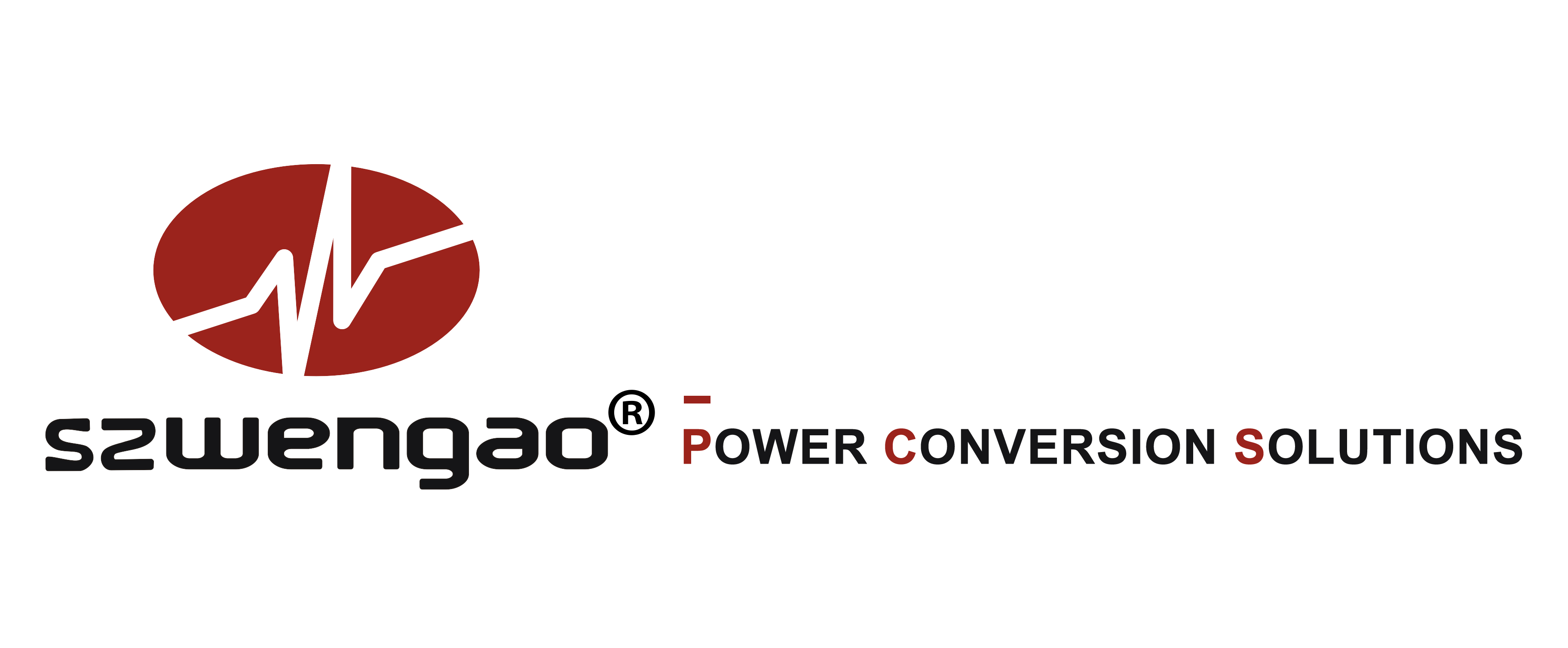
 EN
EN
 AR
AR
 BG
BG
 HR
HR
 CS
CS
 DA
DA
 NL
NL
 FI
FI
 FR
FR
 DE
DE
 EL
EL
 HI
HI
 IT
IT
 JA
JA
 KO
KO
 NO
NO
 PL
PL
 PT
PT
 RO
RO
 RU
RU
 ES
ES
 SV
SV
 CA
CA
 TL
TL
 IW
IW
 ID
ID
 SR
SR
 SK
SK
 UK
UK
 VI
VI
 HU
HU
 TH
TH
 TR
TR
 FA
FA
 AF
AF
 MS
MS
 GA
GA
 HY
HY
 BN
BN
 MN
MN

